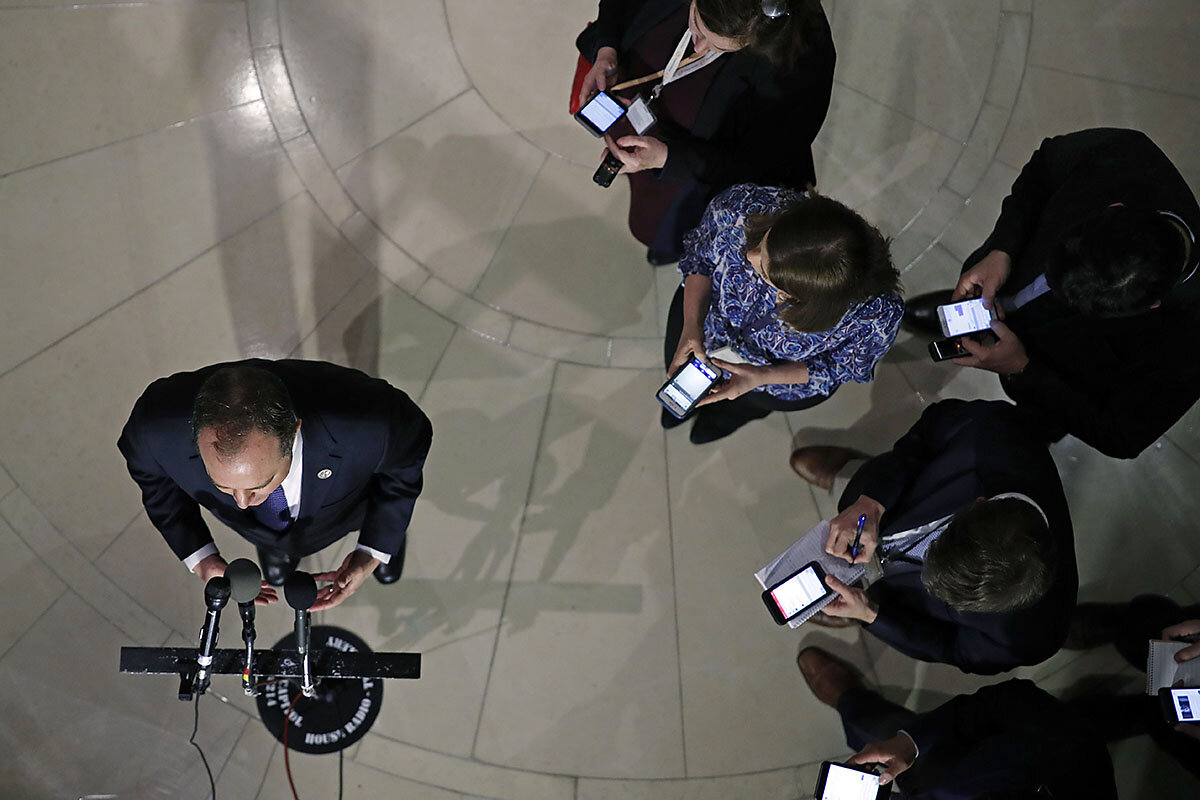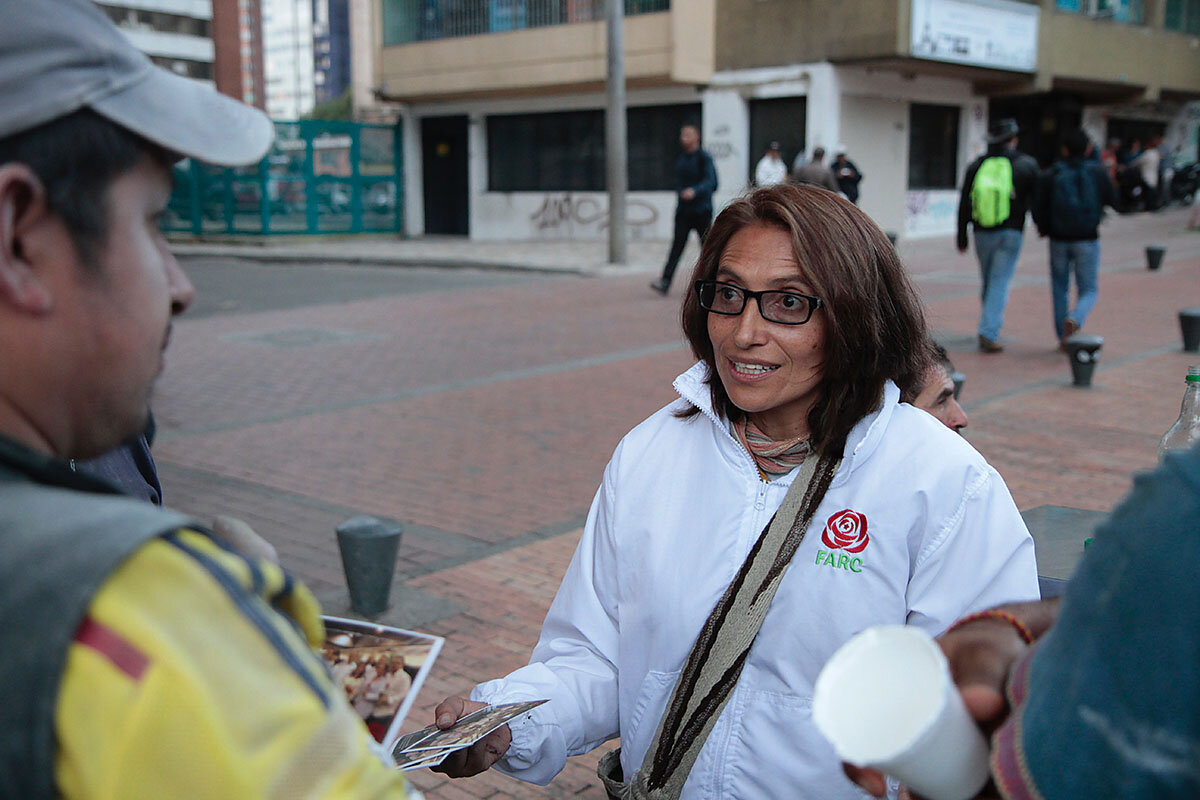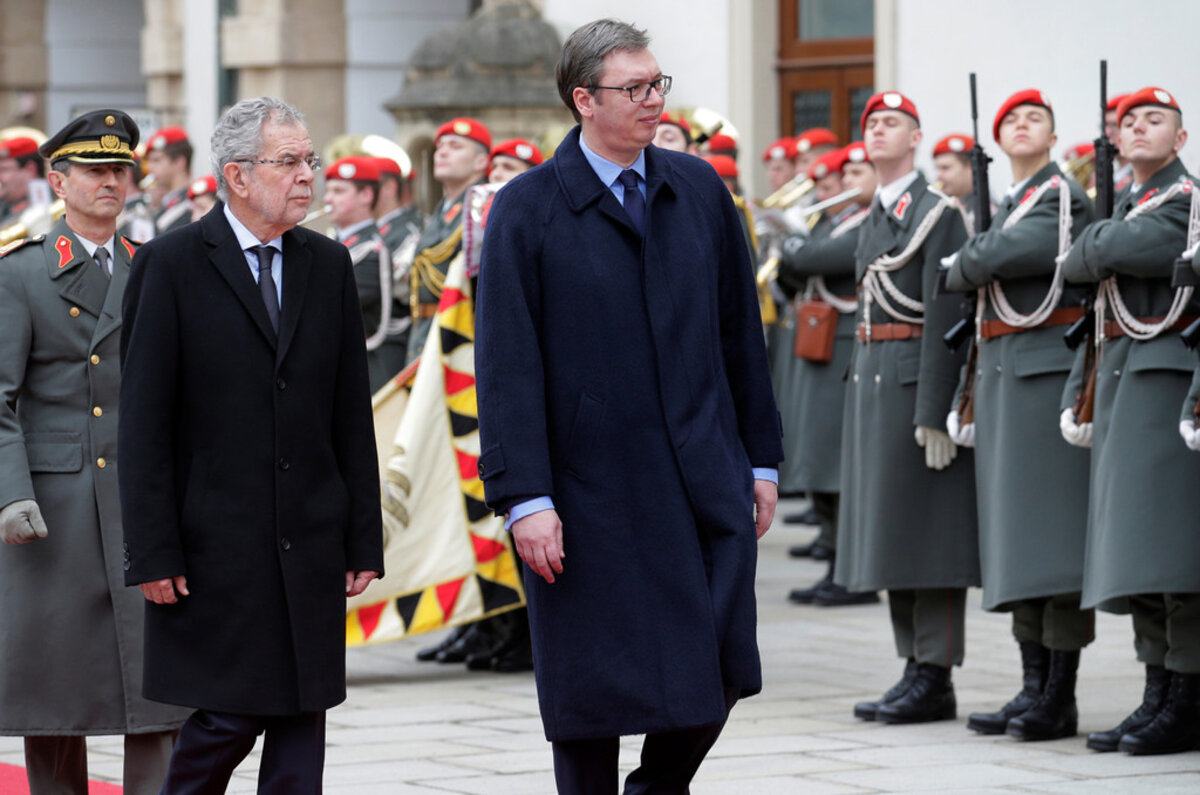The Foreign Intelligence Surveillance Court at the heart of the "Nunes memo" debate is controversial at best. That makes the discussion of transparency and the protection of intelligence sources particularly complicated.
Monitor Daily Podcast
- Follow us:
- Apple Podcasts
- Spotify
- RSS Feed
- Download
 Amelia Newcomb
Amelia Newcomb
It’s not the stuff of big dreams: an African-American sharecropper family struggling in the Jim Crow South. Illiterate parents. Ten kids.
Yet, as Dorothy Ngongang told The Washington Post, “Our mother … encouraged us to learn or ‘get something in our heads that no one could take from us.’ ”
They listened. And two years ago, the siblings, who hold seven college degrees and three master’s, bought the land where they once picked cotton – and, separately, the large house opposite that once represented a life far from their reach. They played as children with its white owner, Peggy Wheeler McKinney, who reached out when she wanted to sell. They celebrated Christmas there.
As Sharon Austin, director of African studies at the University of Florida, notes in an essay, “Progress has been made. Just not as much as many of us would like.” Witness, for example, actress Jessica Chastain’s shock when she heard the salary Oscar nominee Octavia Spencer initially accepted for their upcoming movie.
But, Ms. Austin adds: "To put it in [Martin Luther King Jr.’s] words, 'Lord, we ain’t what we oughta be. We ain’t what we want to be. We ain’t what we gonna be. But, thank God, we ain’t what we was.' ”
That’s because of the powerful mental seeds planted by people like Ms. Ngongang’s mother. “I felt I wasn’t going to be there picking cotton my whole life,” Ngongang said. She was right.
Now to our five stories, showing equity, innovative thinking, and the democratic process at work.











